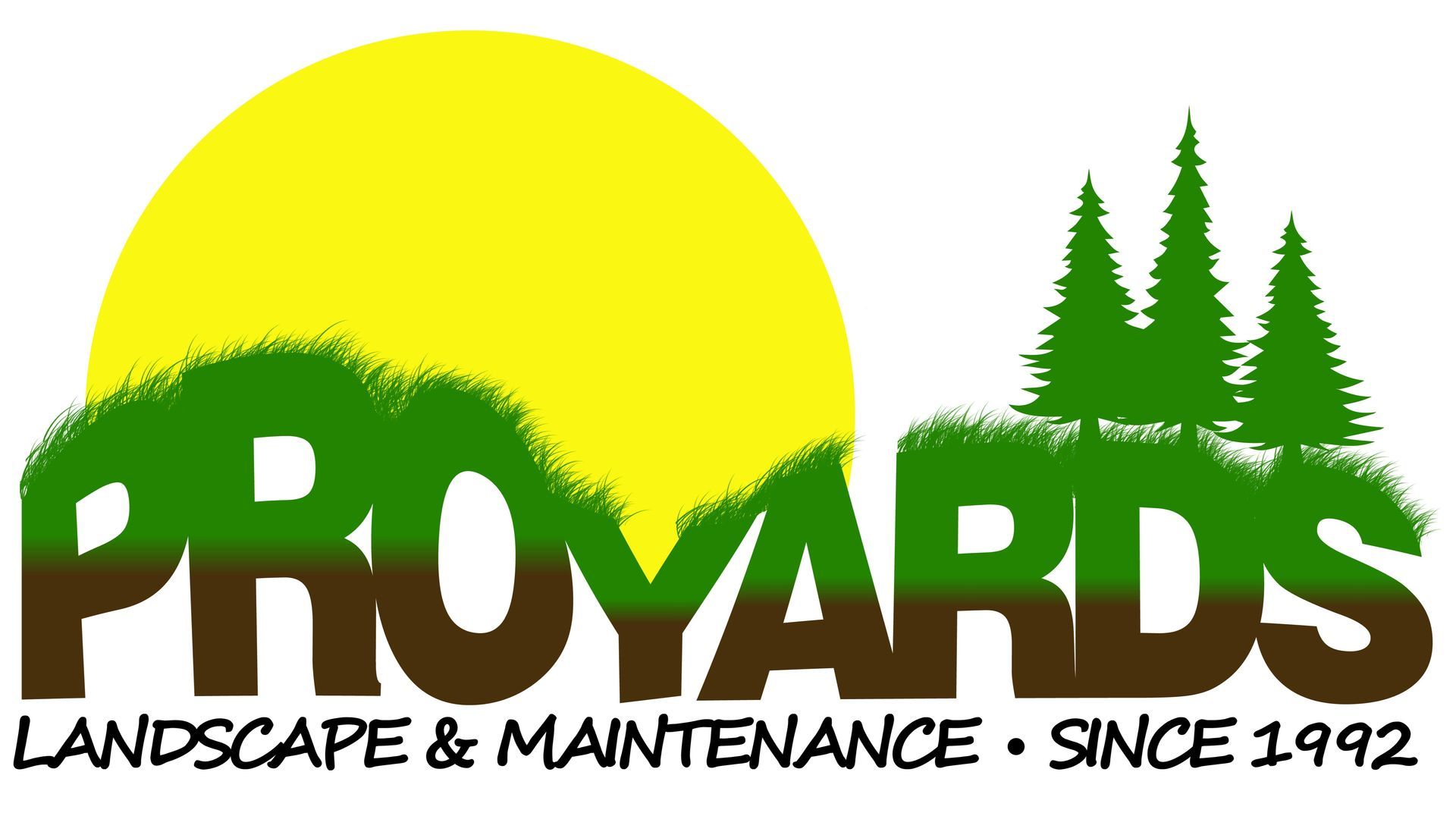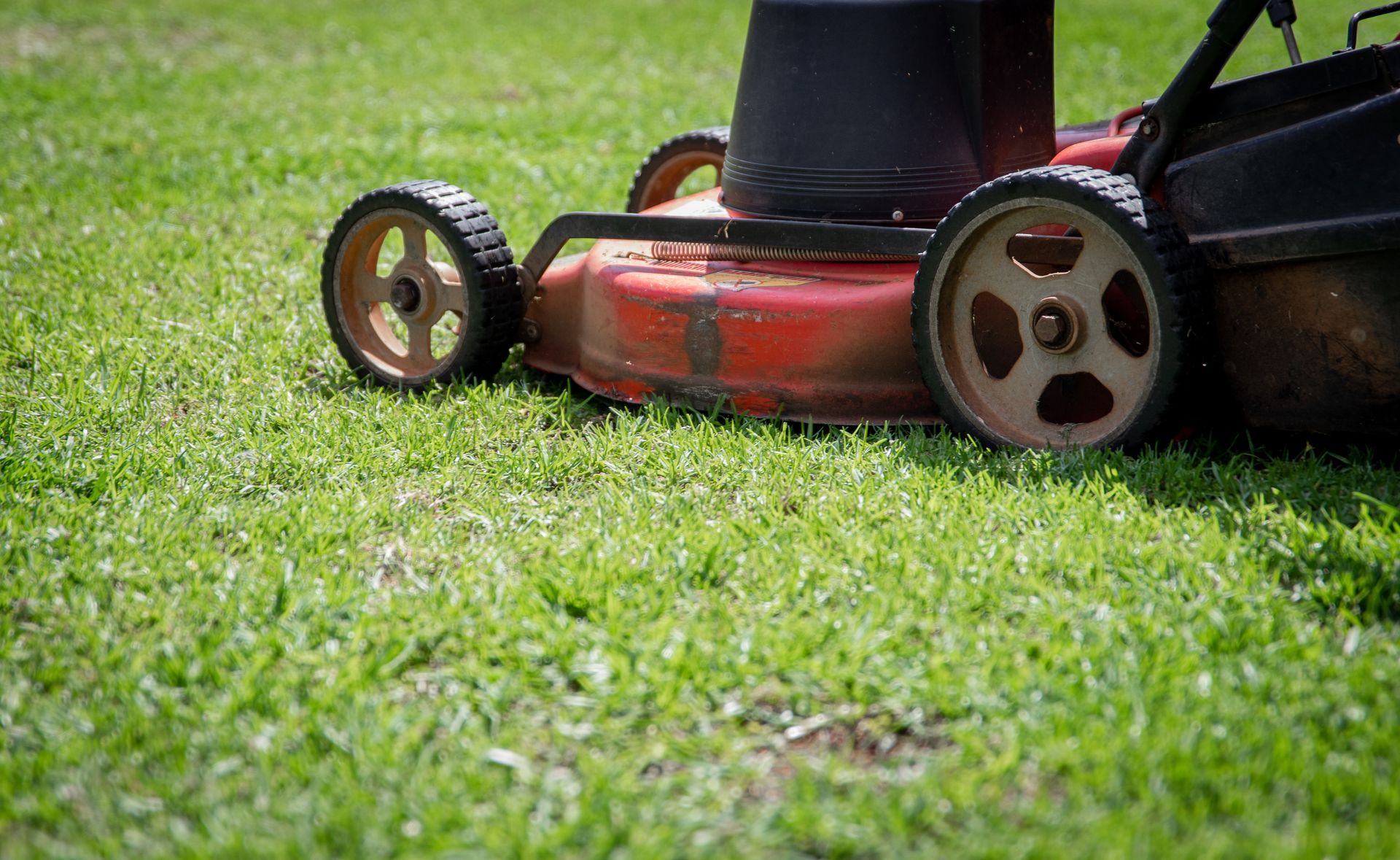Sustainable Landscaping Practices for Commercial Properties
Introduction
Welcome to Proyards' blog post on sustainable landscaping practices for commercial properties. In this guide, we will explore the importance of incorporating eco-friendly techniques into your commercial landscape design. By adopting sustainable landscaping practices, you not only contribute to environmental conservation but also enhance the appeal and value of your property. Let's dive into the various ways you can create a greener, more sustainable commercial landscape.

The Benefits of Sustainable Landscaping
Improved Environmental Impact
Sustainable landscaping minimizes the negative environmental impact associated with traditional landscaping practices. By reducing water usage, limiting chemical inputs, and promoting biodiversity, you can create a healthier ecosystem within your commercial property.
Cost Savings
Sustainable landscaping practices can lead to significant cost savings in the long run. For example, using native plants that are well-adapted to the local climate can reduce the need for excessive watering and maintenance. Additionally, implementing efficient irrigation systems and rainwater harvesting techniques can help conserve water resources and lower utility bills.
Enhanced Brand Image
Embracing sustainable practices demonstrates your commitment to environmental stewardship. It showcases your company's values and resonates with environmentally conscious customers. A sustainable commercial landscape can become a unique selling point and contribute to a positive brand image.
Sustainable Landscaping Techniques
Native Plant Selection
Choosing native plants for your commercial landscape offers multiple benefits. Native species are well-adapted to the local climate, requiring less water, fertilizer, and pesticide inputs. They also provide habitat for local wildlife and support pollinator populations. Consider incorporating native grasses, shrubs, and trees into your landscape design.
Water Conservation
Implementing efficient irrigation systems is crucial for sustainable landscaping. Consider the following techniques:
Drip Irrigation: This system delivers water directly to the root zone of plants, minimizing water loss due to evaporation and runoff.
Smart Irrigation Controllers: These devices use weather data and soil moisture sensors to optimize watering schedules, preventing overwatering and promoting water efficiency.
Rainwater Harvesting: Collecting rainwater for irrigation purposes reduces reliance on municipal water sources. Install rain barrels or underground cisterns to capture and store rainwater.
Soil Health and Mulching
Maintaining healthy soil is essential for sustainable landscaping. Healthy soil promotes plant growth, reduces erosion, and improves water retention. Consider the following practices:
Composting: Create a composting system to recycle organic waste and produce nutrient-rich compost for your landscape.
Mulching: Apply organic mulch around plants to suppress weeds, retain moisture, and regulate soil temperature. This reduces the need for synthetic herbicides and frequent watering.
Conclusion
In conclusion, sustainable landscaping practices offer numerous benefits for commercial properties. By adopting eco-friendly techniques such as native plant selection, water conservation, and soil health management, you can create a more environmentally responsible and visually appealing landscape. Proyards is your trusted partner in implementing sustainable landscaping solutions for your commercial property. Contact us today to discuss how we can help you achieve a greener and more sustainable landscape that aligns with your company's values.
Remember, investing in sustainable landscaping is not just a commitment to the environment but also a strategic decision that can enhance your brand image and contribute to long-term cost savings. Embrace sustainable practices and join the movement toward a greener future for your commercial property.
Our Services
Contact Information
Phone: (801) 254-2890
Email: proyardcustomers@gmail.com
Business Hours
- Mon - Fri
- -
- Sat - Sun
- Closed
Area We Serve
All Rights Reserved | Proyards









